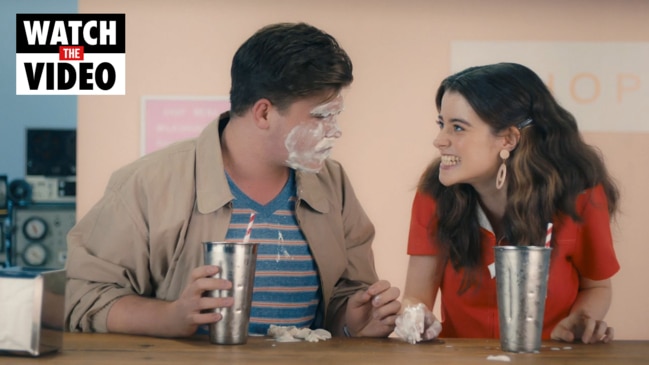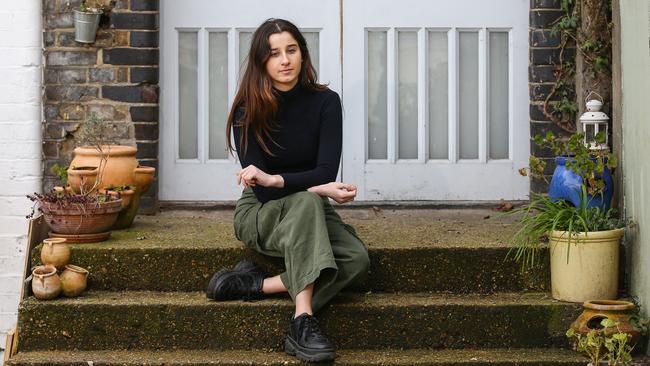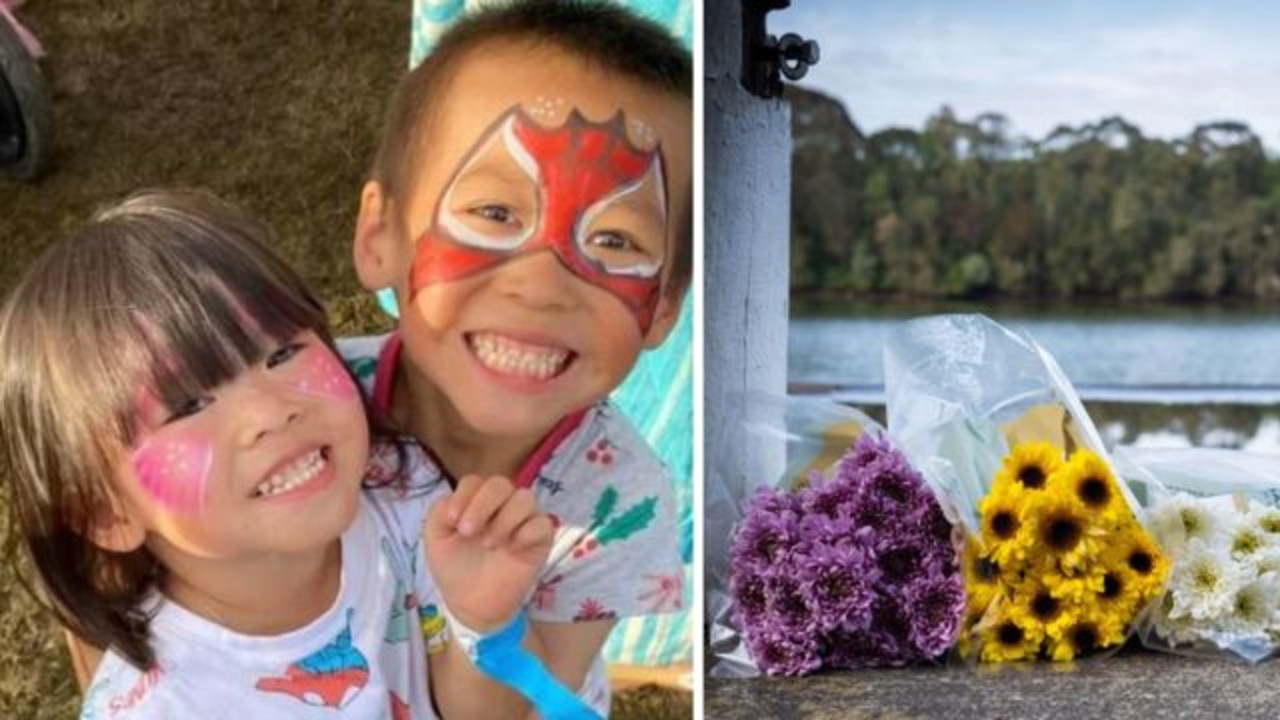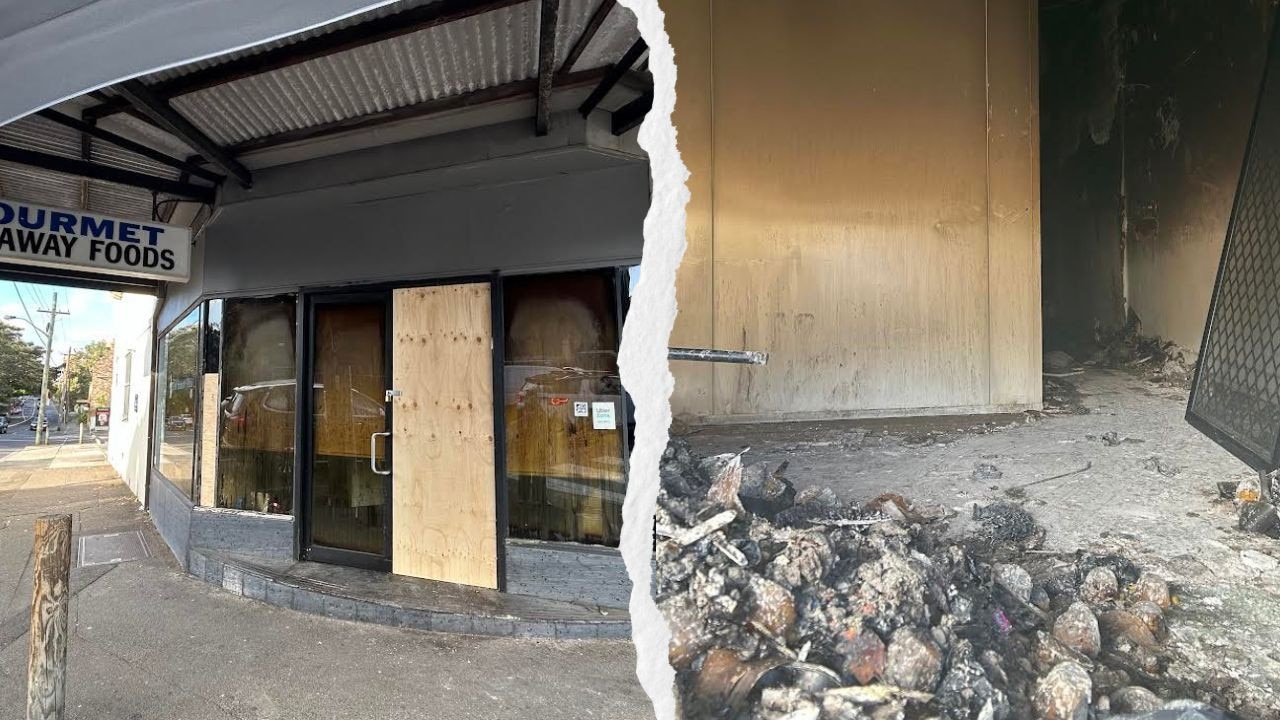How consent and sex education varies between Sydney schools
Some schools tell girls tampons will take their virginity, that masturbation is sinful and compare sex to a cup of tea, according to a new survey.

NSW
Don't miss out on the headlines from NSW. Followed categories will be added to My News.
Lessons on sex, consent and respectful relationships varies wildly between schools but education bosses will not agree to an audit of what students are being taught.
A new poll conducted on social media by former Sydney schoolgirl turned sexual consent education activist Chanel Contos, 23, has revealed students are being taught inconsistent and largely contradictory lessons.
Some Sydney schoolgirls claimed to have been told tampons will take their virginity, while more than half of respondents – 56 per cent – claimed they were taught to how to escape sexual assault by pretending they needed to remove a tampon.
An animated video that equates sex to a cup of tea is all 931 NSW students said they were ever taught about sexual consent, while others were shown teen pregnancy documentaries to discourage sex before marriage. Other young women say they were taught masturbation is sinful and not taught about contraception because it contradicted religious dogma demanding abstinence.

An earlier poll conducted by Ms Contos in February garnered more than 4000 testimonies from students who alleged they were sexually assaulted by fellow pupils. Since last year consent must be taught to all students in Personal Development, Health and Physical Education (PDHPE) classes until Year 10, but the syllabus is not explicit about how teachers deliver the lessons.
Responses to the latest poll proved PDHPE lessons are not clear enough or students are being taught conflicting information at school by pastoral carers or external consent education providers.
“It is one thing to have a reformed curriculum but how that information is actually delivered to students is just as important,” Ms Contos said.
“We can’t measure this sort of thing based on the satisfaction of teachers or the amount they access teaching materials, but instead by periodically auditing sexuality education and measuring both the understanding of the students and the changes in rates of sexual violence in our community.”
Lead researcher for primary prevention at Rape and Sexual Assault Research and Advocacy Katrina Marsons believes an audit of schools is imperative to understand why students are being taught mixed messages.
“We should be very concerned about the picture these stories paint of sex ed in NSW,” she said. “They show us there are big gaps in content and delivery.”
All three school sectors – public, private and Catholic – signed a statement of intent four months ago pledging to take “concrete action” to improve consent education. The education sectors have since ruled out a thorough review of what is currently taught to students.
Head of private schools Geoff Newcombe said such an audit would lumber schools with too much responsibility while Catholic schools boss Dallas McInerney believes his sector’s “rapid review” of literature handed out to teachers sufficiently determined their schools were adequately teaching respectful relationships, consent and sex education.
‘These are difficult issues for many parents’
More schools will roll out how-to guides informing parents how to teach their children about sexual consent.
The Association of Independent Schools NSW (AISNSW) will make available expert advice to the NSW Parents Council (NSWPC) for parents of private school students to discuss sex, sexual consent and healthy relationships with their children.
The information packs have been drawn up by AISNSW’s new Student Safety and Consent Unit, which consulted with the government and Catholic school sectors, NSW Police, NSW Health, the Australian Human Rights Commission and the NSW Children’s Court.
“There will be a range of material suitable for students from Kindergarten to Year 12 as well as information on reporting channels for incidents of sexual harm, assault and sexual violence,” AINSW Chief Executive Dr Geoff Newcombe AM said.
The how-to guides will help parents navigate potentially awkward questions, according to NSWPC president Dr Rose Cantali.
“These are difficult issues for many parents to raise with their children,” Dr Cantali said.
“It will be very helpful to have material that has been tailored for them and assessed as suitable by AISNSW’s expert consultants and advisers who work across its Child Protection, Wellbeing and Student Services teams.”
The government announced in May it would also send out how-to-guides for parents, but will first conduct surveys of all public school PC groups to find out what parents know about sexual consent and what advice they want included in how-to guides for teaching teens about consent.
Pending Covid-19 restrictions, the surveys are planned to go out to parents in Week 7.The government has also begun webinars to explain to parents of public school children what is being taught in schools about consent and respectful relationships.
More Coverage
Originally published as How consent and sex education varies between Sydney schools





